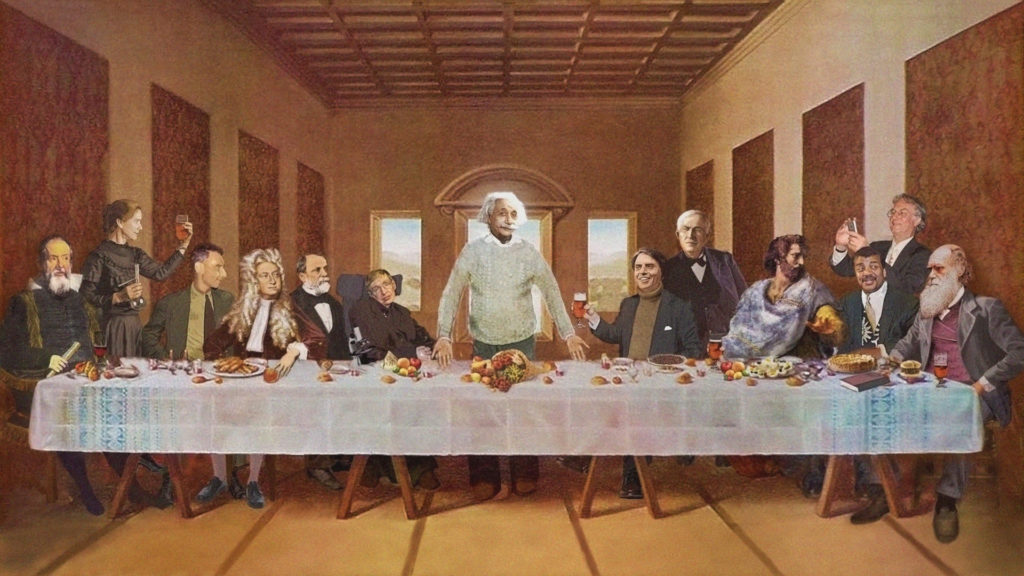Three Facets of the Scientism Lifeway:
O05 Scientism
The ideology that excessively values scientific knowledge and methods often dismisses other forms of knowledge and belief systems.
Scientism in the United States represents a perspective that has gained prominence in various intellectual and scientific circles. At its core, scientism is characterized by a strong emphasis on the scientific method and empirical evidence as the most reliable means of acquiring knowledge and understanding the world. Adherents of scientism believe that science and reason should be the primary sources of authority in shaping our understanding of reality, and they may prioritize scientific explanations over religious, philosophical, or supernatural ones.

Promotes Critical Thinking and Evidenced-based Decision-making
In the United States, scientism is often associated with the broader secular and skeptical movements. It finds expression in a commitment to promoting critical thinking, evidence-based decision-making, and a healthy skepticism of claims that lack empirical support. Skeptical organizations and individuals within the scientific community often play a prominent role in advancing scientism, debunking pseudoscientific claims, and promoting scientific literacy.
Can Become Overly Rigid, Prone to Reductionism, and Dismissive of Other Forms of Knowledge
While scientism underscores the importance of science in shaping our understanding of the world, it is not without controversy. Critics argue that an overly rigid adherence to scientism can lead to reductionism, where complex human experiences and questions related to ethics, meaning, and purpose are dismissed as unimportant or irrelevant. Additionally, scientism may be seen as dismissive of other valid forms of knowledge, such as the humanities and the arts, which offer unique insights into the human condition.
Associated with a Naturalistic Worldview, Skeptical of the Supernatural
Scientism often intersects with atheism and secular humanism, as it tends to be associated with a naturalistic worldview that eschews supernatural explanations. Many within these communities advocate for a secular society where religious beliefs are separated from public policy and education. They may also engage in debates over topics like the teaching of evolution in schools, the role of religion in public life, and the promotion of science education.
Summary
In summary, scientism in the United States represents a perspective that elevates science and empirical evidence as the primary sources of knowledge and understanding. While it promotes critical thinking and scientific literacy, it also faces criticism for potentially oversimplifying complex human experiences and diminishing the value of other forms of knowledge. Adherents of scientism often intersect with secular and skeptical communities and advocate for a secular society where science and reason inform public policy and education.

| TOP TEN BASIC TRADE AREAS | |
| 1 | New York, NY |
| 2 | Los Angeles, CA |
| 3 | Chicago, IL |
| 4 | San Francisco-Oakland-San Jose, CA |
| 5 | Dallas-Fort Worth, TX |
| 6 | Houston, TX |
| 7 | Philadelphia, PA-Wilmington, DE-Trenton, NJ |
| 8 | Washington, DC |
| 9 | Detroit, MI |
| 10 | Atlanta, GA |
